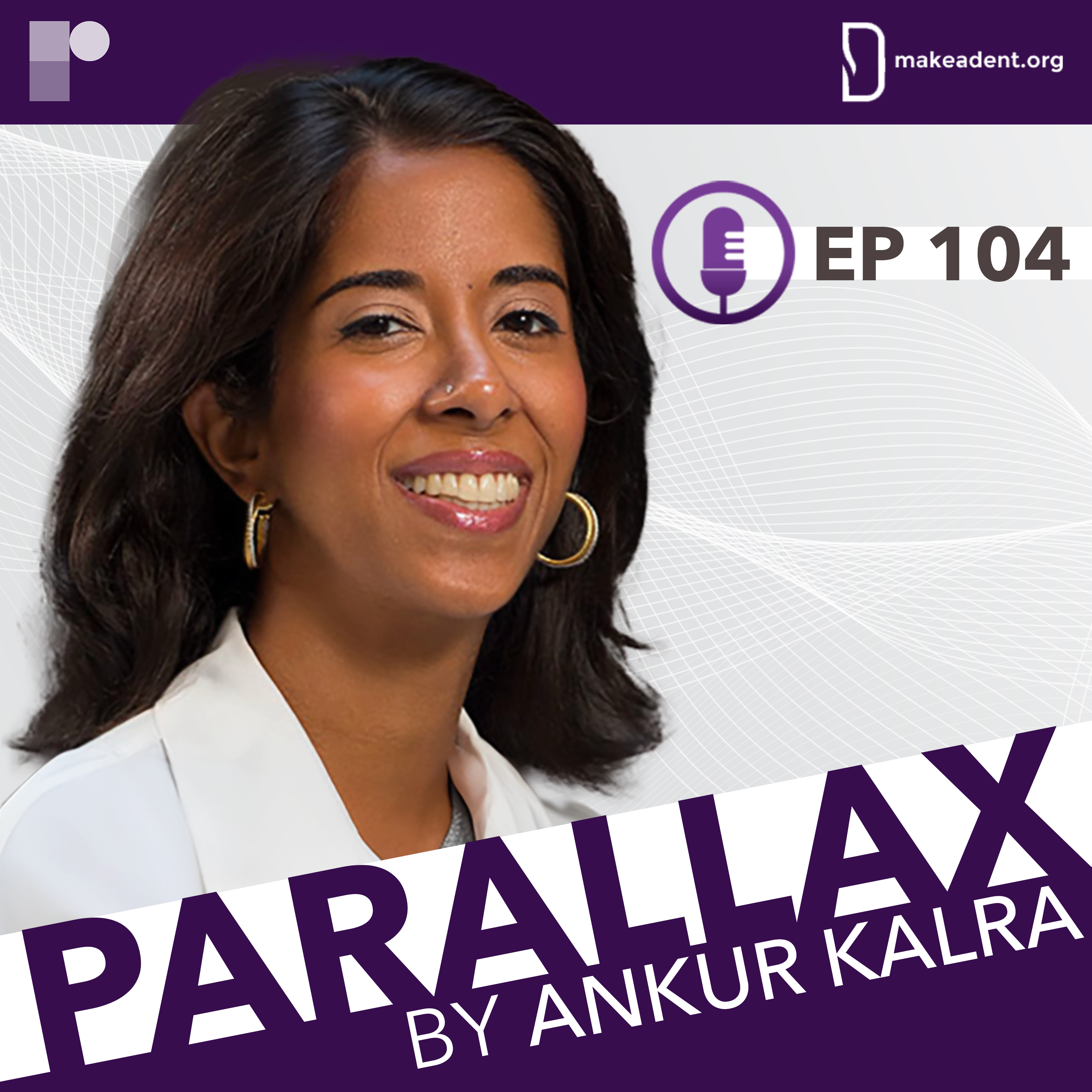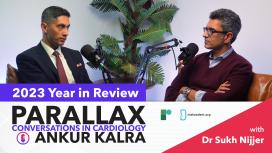
In this thought-provoking episode, Dr Ankur Kalra is joined by Dr Anuradha Lala, assistant professor of medicine at the Zena and Michael A Wiener Cardiovascular Institute and in the Department of Population Health Science and Statistics at Icahn School of Mount Sinai and Mount Sinai Hospital. Dr Lala is also the Deputy Editor of the Journal of Cardiac Failure.
Dr Kalra and Dr Lala delve into the critical topic of disparities in care within the healthcare system from a cardiologist's point of view and explore actionable steps towards a more inclusive and fair healthcare landscape.
Dr Lala advocates for an approach focused on the patient, valuing the unique needs and preferences of each individual as crucial elements in creating a personalised treatment strategy. In this podcast, she provides insight to her study on 'Acute Heart Failure Presentation to the Emergency Department: National Trends by Race and Ethnicity 2007-2019' and how it shows there are differences based on race and ethnicity in terms of wait time and the demographic of patients presenting.
The fundamental principle that healthcare is a basic human right is emphasised, setting the stage for a deeper exploration of the disparities prevalent within the system. Through candid discussions, the episode highlights the differences in healthcare access and quality and examines methods to prevent and mitigate these discrepancies.
Addressing the 'why' behind these disparities is a central theme, exploring the presence of subconscious biases within healthcare. The conversation isn’t just theoretical, Dr Kalra and Dr Lala present real-life scenarios and personal stories, offering a refreshingly honest and open perspective.
Key questions are explored, such as identifying the top places where disparities in care exist and strategies to address these issues.

This series is supported by ZOLL and is intended for Health Care Professionals.





Tune in to discover the strategies that Dr. Kalra and Dr. Alasnag are currently employing and gain insights into how these data will shape their future decision-making in the catheterization laboratory. Don't miss this informative discussion at the forefront of interventional cardiology.

As we adapt to the changes brought about by the pandemic, Dr Singh outlines the necessary steps to foster a reality in which we can utilize these technologies to create more time for human connection.

Dr Owens is Medical Director of the Center for Inherited Cardiac Disease and Associate Professor of Medicine at the Hospital of the University of Pennsylvania.
This series is supported by an unrestricted educational grant from Bristol Myers Squibb. Please see www.camzyosrems.com for important safety information.
This content is intended for US-based physicians.





